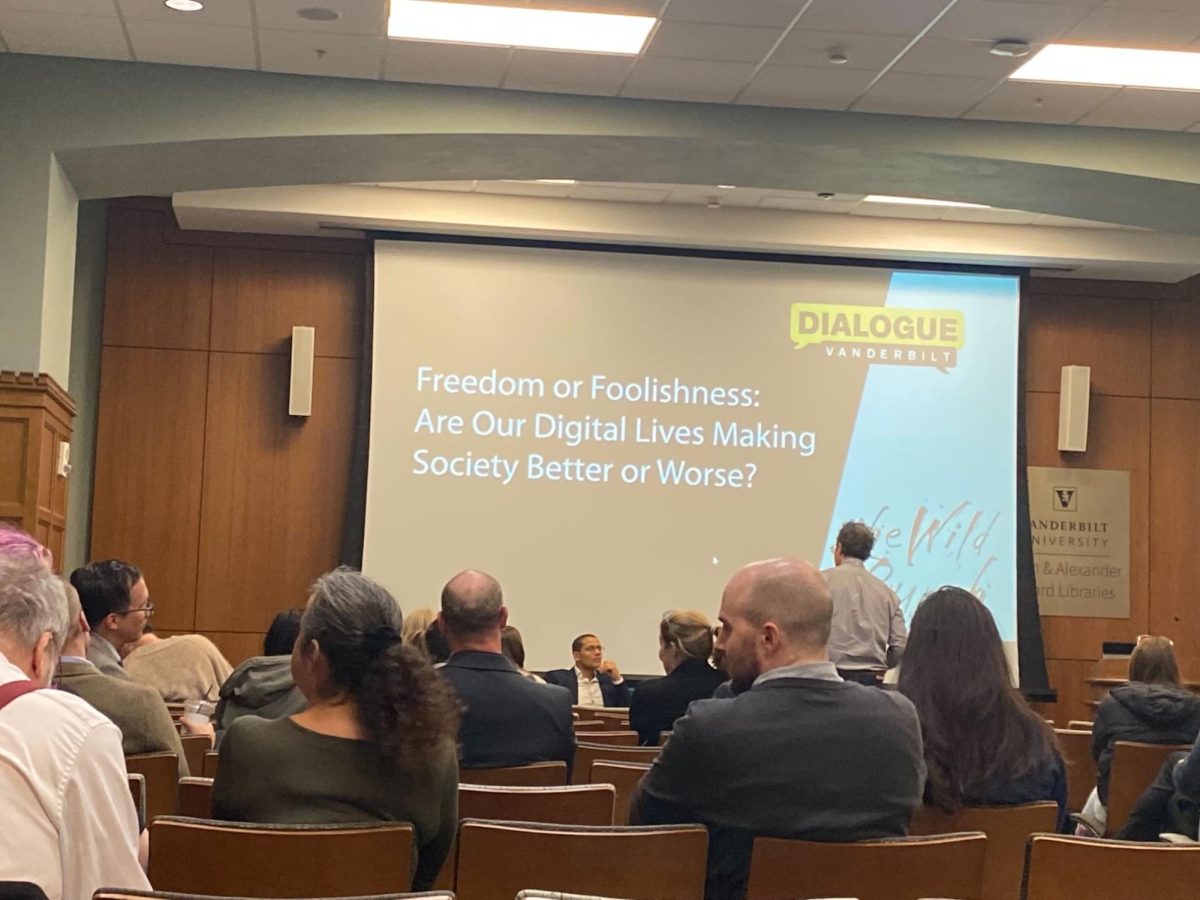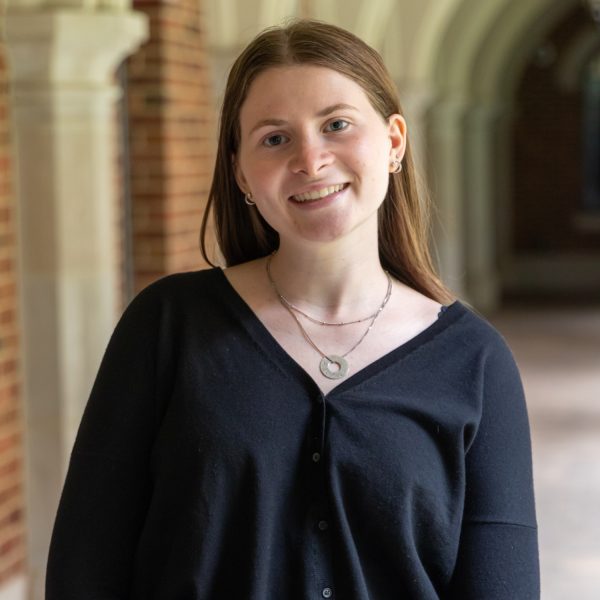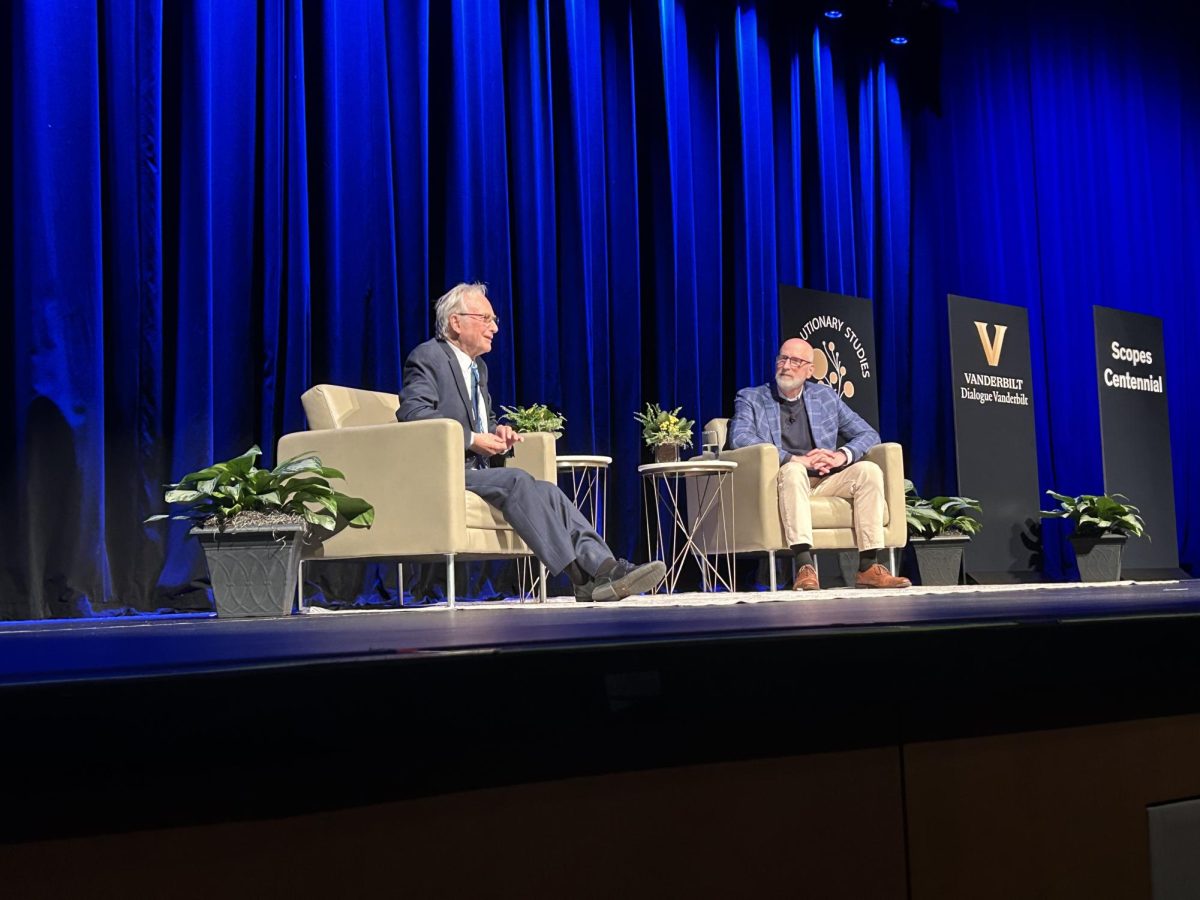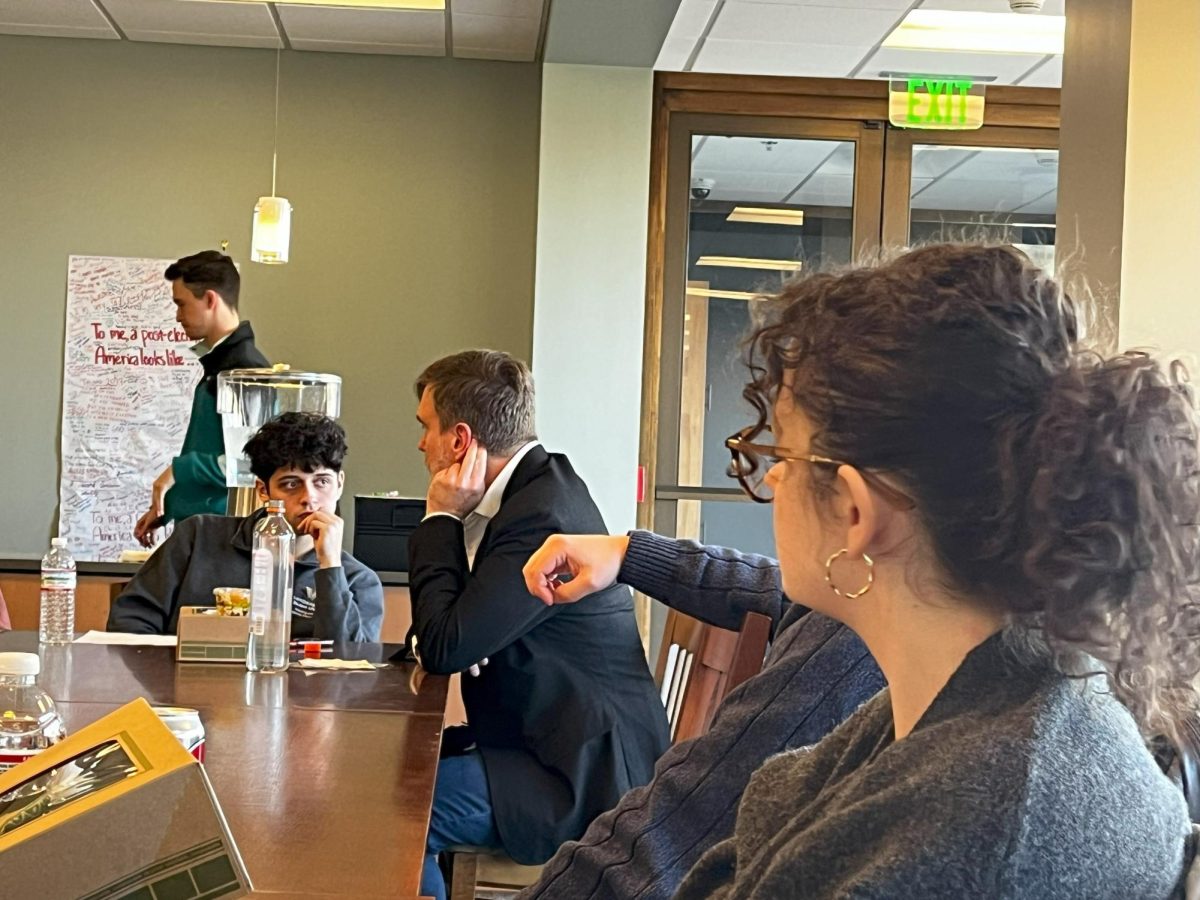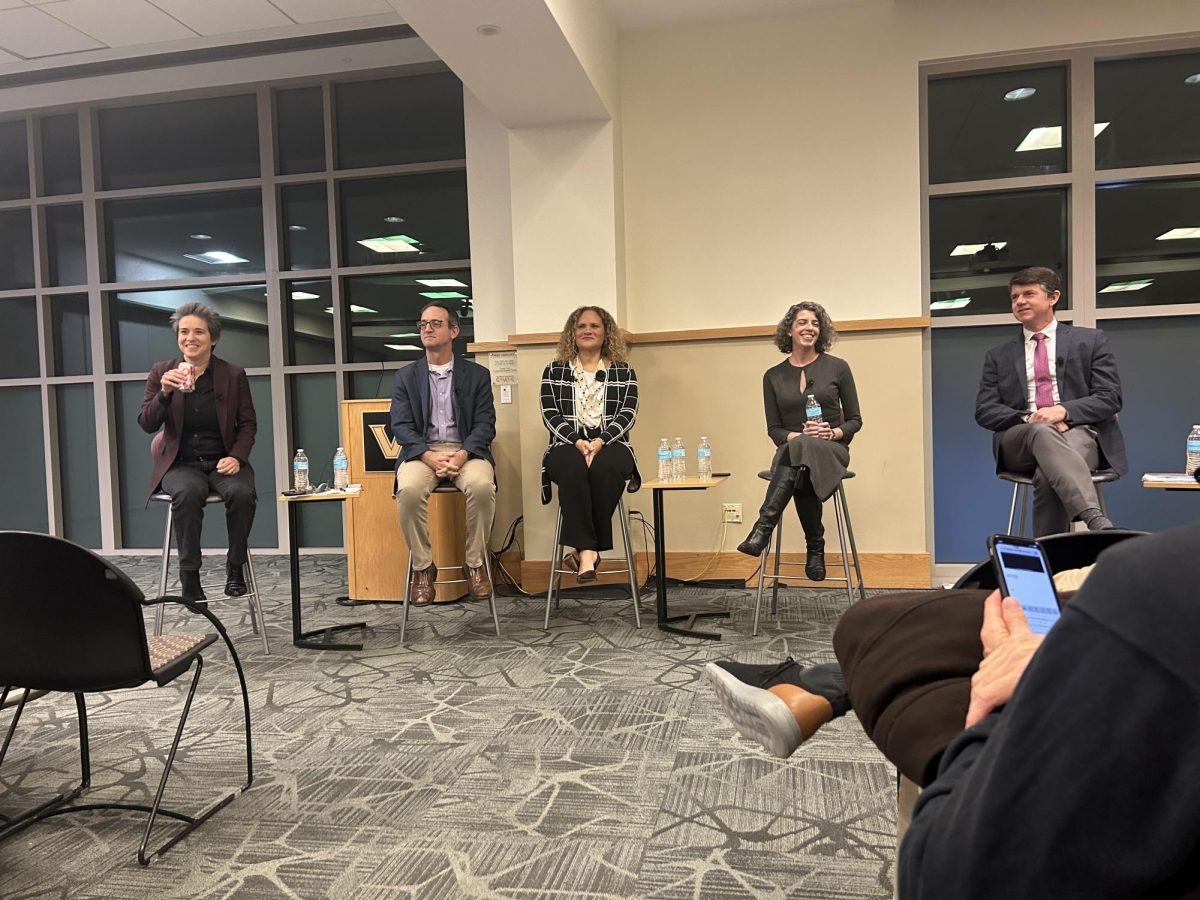The Jean and Alexander Heard Libraries hosted distinguished faculty members Jad Abumrad and Jacob Mchangama on Nov. 2 for a discussion about the impact of social media on society. The event — titled “Freedom or Foolishness: Are Our Digital Lives Making Society Better or Worse?” — was sponsored by Dialogue Vanderbilt, an initiative aiming to promote free speech and civil discourse on campus.
The event was also presented by the Wild Bunch Lecture Fund, a fund sponsored by members of the Class of 1977 in honor of Chancellor Alexander Heard and his wife Jean.
Abumrad and Mchangama are both recent additions to Vanderbilt’s faculty. Abumrad is a distinguished research professor of cinema and media arts and communication of science and technology, and is the founder of the award-winning podcast “Radiolab.” Mchangama is a political science professor and the CEO of Justitia, a Copenhagen-based nonpartisan think tank that focuses on human rights and free speech. Last April, Justitia opened its first U.S. office, called the The Future of Free Speech Project, at Vanderbilt.
“This year we really lucked out. We normally have one luminary, but we have two and in conversation with each other,” Jon Shaw, university librarian, said to open up the discussion.
Social media
Abumrad and Mchangama began their conversation on the topic of social media, with Abumrad grappling with how social media “distorts the social dynamics” of individuals’ interactions.
“It’s made our friendships more difficult. It’s made our family relationships more difficult. And the only thing I can say has changed in the last 10 years is that this is when social media has become more and more entrenched in our lives,” Abumrad said.
Mchangama disagreed, arguing that human interaction has largely remained the same and that social media has served as a boon for connecting people across the globe.
“I think there are all these huge benefits that we take for granted,” Mchangama said.
In a conversation with The Hustler after the event, Abumrad further expressed his worries about social media, particularly on college campuses.
“I do find people are scared to speak their minds. I do find that that’s real,” Abumrad said, “There is a lot of self-censorship that’s happening.”
He also noted the particular challenge facing college students in that much of this technology, including social media, has just “landed on all of our heads.”
“I also just feel like if I were a college kid right now, I’d be like, ‘help me,’” Abumrad said.
Freedom to speak — and listen
Abumrad and Mchangama transitioned into discussing free speech, a topic that Abumrad said he finds particularly interesting.
“Very often, it’s spoken about as the right — like do we as citizens have a right to speak, a right to express ourselves. I always find that to be a slightly unsatisfying language game because it just takes one person to speak,” Abumrad said. “Do you feel like we have a right to listen, if we listeners have rights?”
The two turned to the problem of censorship, with Mchangama noting an often overlooked consequence of censorship.
“All those people who might listen to — and want to listen to — that person are also potentially robbed of the opportunity to do so and inform themselves,” Mchangama said.
Abumrad also acknowledged problems that come with unregulated free speech.
“The problem with speech, whatever the solution to speech, is more speech,” Abumrad said. “But in that case, it’s very much the increased amount of speech, which then drowns out the person.”
Cherie Saffold, a Ph.D. student in Vanderbilt’s department of molecular pathology and immunology, told The Hustler that this point from Abumrad particularly struck her.
“Thinking about the sort of signal to noise ratio in terms of the digital age and free speech in that, you know, there is a saturation point with speech that the digital age is giving us that we have not seen before,” Saffold said. “It’s hard to parse through everything, and it can actually be weaponized against free speech.”
Misinformation
During the audience Q&A, Abumrad and Mchangama spoke to the dangers of misinformation in our digital age. Abumrad admitted that misinformation has always plagued society but said he gets worried when he sees “the simultaneous escalation” of misinformation alongside the deterioration of basic journalism.
“It’s that relationship, that inverse correlation, that worries me,” Abumrad said.
In response to the same question, Mchangama noted the role of trust in the spread of misinformation.
“Regulating social media seems to me to be treating symptoms rather than really focusing on the big difficult questions of ‘how do you reestablish trust?’,” Mchangama said.
He posed a possible solution to this erosion of trust, in the form of “going back to listening.”
“Having conversations with people you disagree with is something that is, I think, one of the remedies for creating trust,” Mchangama said.
Rachel Lee, a senior, works for Mchangama at The Future of Free Speech Project and told The Hustler that she learned a lot from the conversation between Mchangama and Abumrad.
“Listening to the discussion was really insightful since it gave me a chance to reflect on my digital presence and how it shapes my interactions both online and in-person,” Lee said.

